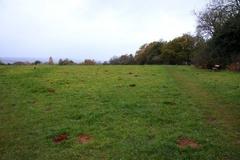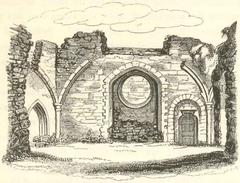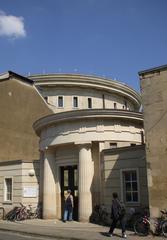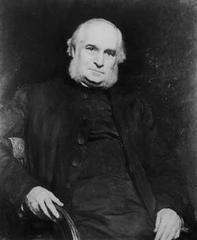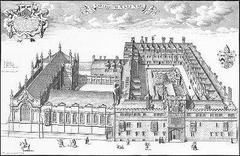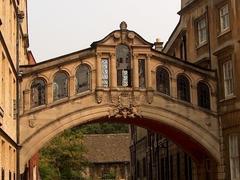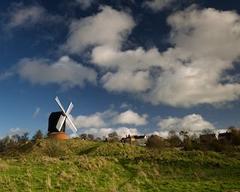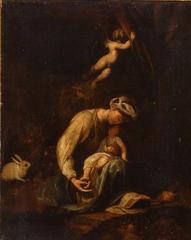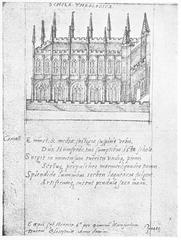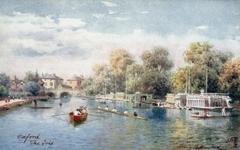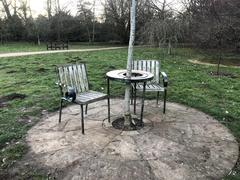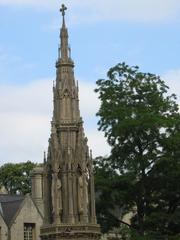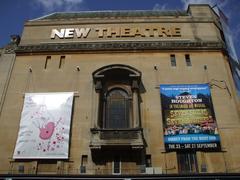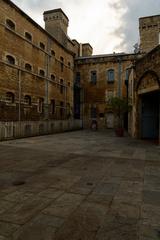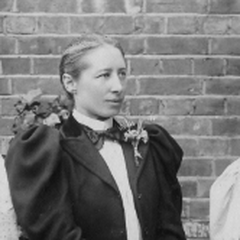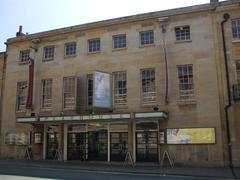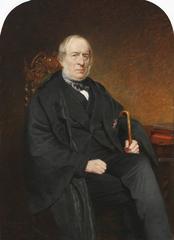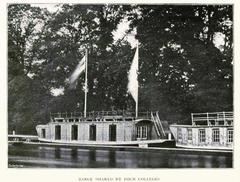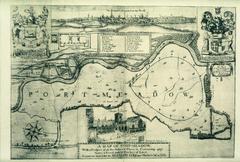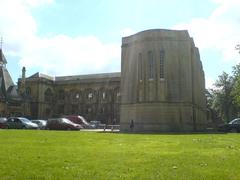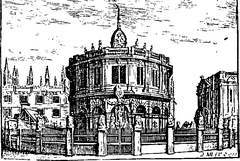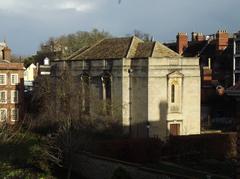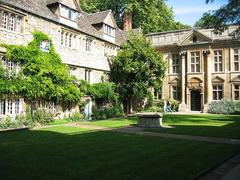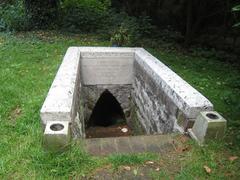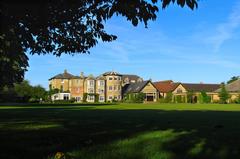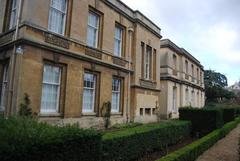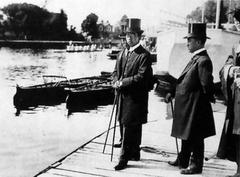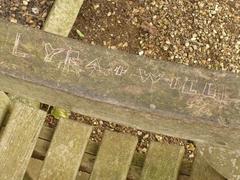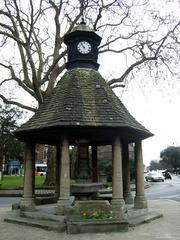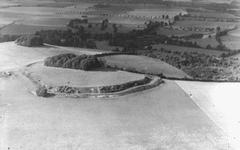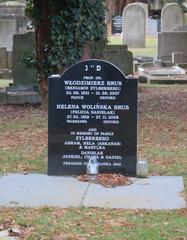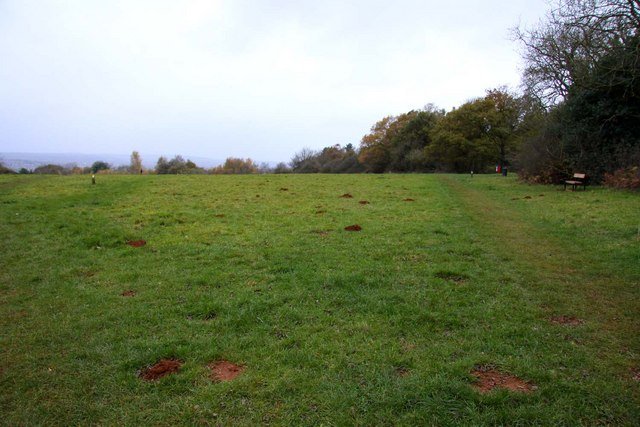
Visiting Brasenose Wood and Shotover Hill in Oxford: Everything You Need to Know
Date: 24/07/2024
Introduction
Nestled on the eastern outskirts of Oxford, Brasenose Wood and Shotover Hill are a harmonious blend of historical significance and natural beauty. These areas offer glimpses into both ancient woodland management practices and the rich biodiversity that thrives within them. Visitors will find themselves immersed in a landscape that has been shaped over centuries, from the ancient Shotover Forest to the modern-day country park managed by Oxford City Council. Whether you’re a history enthusiast, a nature lover, or someone seeking a tranquil escape, this guide will provide you with all the essential information for a memorable visit. For further historical context, you can visit Headington History and British History Online.
Table of Contents
- Introduction
- Historical Background
- Ecological Significance
- Cultural and Recreational Significance
- Visitor Information
- Special Events and Tours
- Photography Spots
- Conservation Efforts
- Conclusion
- FAQ
Historical Background
Ancient Origins and Shotover Forest
Brasenose Wood and Shotover Hill trace their origins back to the ancient Shotover Forest, dating as far back as the thirteenth century. Managed using the traditional coppice-with-standards method for centuries, this practice promotes new growth while allowing some trees to mature, preserving the woodland’s ecological and historical integrity (Headington History).
Historical Ownership and Usage
Acquired by Brasenose College in 1579, the woodland was leased out, with tenants maintaining the land and providing timber to the college. During World War II, the area was used by the army, leaving behind remnants like the Slade Camp huts (Headington History).
Shotover Hill’s Historical Role
Shotover Hill, traversed by the main Oxford-London road until 1775, has hosted notable visitors, including Queen Elizabeth I and Charles I. Its name, believed to derive from Old English, adds to its historical intrigue (British History Online).
Ecological Significance
Biodiversity Hotspot
Recognized as a Site of Special Scientific Interest (SSSI), Brasenose Wood and Shotover Hill support a diverse range of plant species, including 46 characteristic of ancient woodland (Wikipedia).
Entomological Interest
Shotover Hill is of outstanding entomological interest, home to many rare species of flies, bees, wasps, and ants (Wikipedia).
Habitat Diversity
The site includes ancient woodland, heath, and unimproved grassland, supporting a wide range of species. The southern slopes, characterized by acidic grassland and heath, are particularly notable (British Wildlife).
Cultural and Recreational Significance
Public Access and Recreation
Managed by Oxford City Council as a country park, Brasenose Wood and Shotover Hill provide public access for activities like walking, bird watching, and nature study (Oxford Visit).
Educational Value
The site’s rich biodiversity and historical significance make it an excellent resource for educational purposes. Schools and universities frequently use the area for field studies (Oxford Visit).
Cultural Heritage
Visitors can explore prehistoric earthworks, medieval quarries, and World War II-era defensive structures scattered throughout the landscape (Oxford Visit).
Visitor Information
Opening Hours: Brasenose Wood and Shotover Hill are open year-round from dawn to dusk.
Tickets: Free entry.
Travel Tips: Accessible by public transport, with parking available.
Nearby Attractions: Oxford University, Headington Shark, Oxford Botanic Garden.
Accessibility: Wheelchair-accessible paths available.
Special Events and Tours
Brasenose Wood and Shotover Hill host various events throughout the year, including guided nature walks and historical tours. Check the Oxford City Council website for the latest schedule.
Photography Spots
Popular spots for photography include the ancient woodland paths, the panoramic views from Shotover Hill, and the historical remnants like the Slade Camp huts.
Conservation Efforts
Site of Special Scientific Interest (SSSI)
The SSSI designation provides legal protection to the area, ensuring that its unique habitats and species are conserved (Wikipedia).
Traditional Woodland Management
The coppice-with-standards method continues to maintain the ecological health and biodiversity of Brasenose Wood (Headington History).
Community Involvement
Local community groups and volunteers actively participate in conservation efforts, including habitat restoration and species monitoring (Oxford Visit).
Conclusion
Brasenose Wood and Shotover Hill are invaluable parts of Oxford’s natural and cultural heritage. Their rich biodiversity, historical landmarks, and traditional management practices make them a must-visit for anyone interested in history, nature, or simply seeking a tranquil retreat. The site’s designation as a Site of Special Scientific Interest (SSSI) ensures its unique habitats and species are protected, allowing future generations to experience its wonders. For those keen on conservation, numerous opportunities exist to get involved and help preserve this ecological gem. To stay updated on events and activities, consider following Oxford City Council’s official channels and downloading the Oxford Nature Trails mobile app. For more detailed information, you can visit Oxford Visit and Wikipedia.
FAQ
Q: What are the visiting hours for Brasenose Wood?
A: The wood is open from dawn to dusk.
Q: Are there any entry fees to visit Shotover Hill?
A: No, entry is free.
Q: How can I get to Brasenose Wood and Shotover Hill?
A: The site is accessible by public transport, and there is parking available.
Q: Are there guided tours available?
A: Yes, guided tours are available. Check the Oxford City Council website for more details.
Q: Is the area wheelchair accessible?
A: Yes, there are wheelchair-accessible paths available.
References
- Headington History. Retrieved from http://www.headington.org.uk/history/misc/magdalen_brasenose_woods.html
- British History Online. Retrieved from https://www.british-history.ac.uk/vch/oxon/vol5/pp275-281
- Oxford Visit. Retrieved from https://oxfordvisit.com/places-to-see/places-to-see-oxford/parks-meadows/brasenose-woods/
- Wikipedia. Retrieved from https://en.wikipedia.org/wiki/Brasenose_Wood_and_Shotover_Hill
